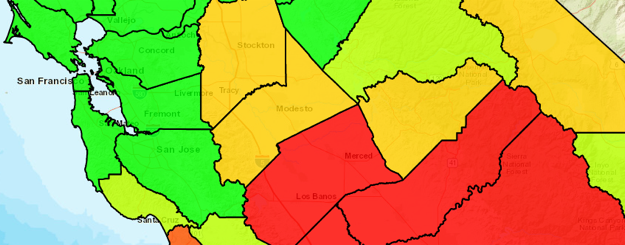4K TV will be in half of U.S. homes by end of 2019

The consumer adoption rate of 4K television sets blew past last year’s expectations, climbing to 25% of U.S. households by January 2018, according to the Consumer Technology Association (CTA). My rough estimate that ultra-high definition 4K sets would be in 20% of U.S. homes by the end of 2017 was low. The adoption rate grew even faster, amidst falling prices, increased content availability and 4K’s status as the default standard for large screen TVs (50 inches and larger).… More


![By 401(K) 2012 [CC BY-SA 2.0 (https://creativecommons.org/licenses/by-sa/2.0)], via Wikimedia Commons](https://www.tellusventure.com/images/2017/5/piggy_bank.jpg)

![By Tomascastelazo (Own work) [CC BY 3.0 (http://creativecommons.org/licenses/by/3.0)], via Wikimedia Commons](https://www.tellusventure.com/images/2018/1/vineyard.jpg)

![By U.S. Navy photo by Mass Communication Specialist 3rd Class Frankie J. Colbry [Public domain], via Wikimedia Commons](https://www.tellusventure.com/blog/images/2014/12/money_625.jpg)
![By Robert Scoble (Flickr) [CC BY 2.0 (http://creativecommons.org/licenses/by/2.0)], via Wikimedia Commons](https://www.tellusventure.com/images/2018/2/randall_stephenson_625.jpg)
![By Steve Jurvetson from Menlo Park, USA (The Donald & Mark Wahlberg) [CC BY 2.0 (http://creativecommons.org/licenses/by/2.0)], via Wikimedia Commons](https://www.tellusventure.com/images/2018/1/trump_att.jpg)